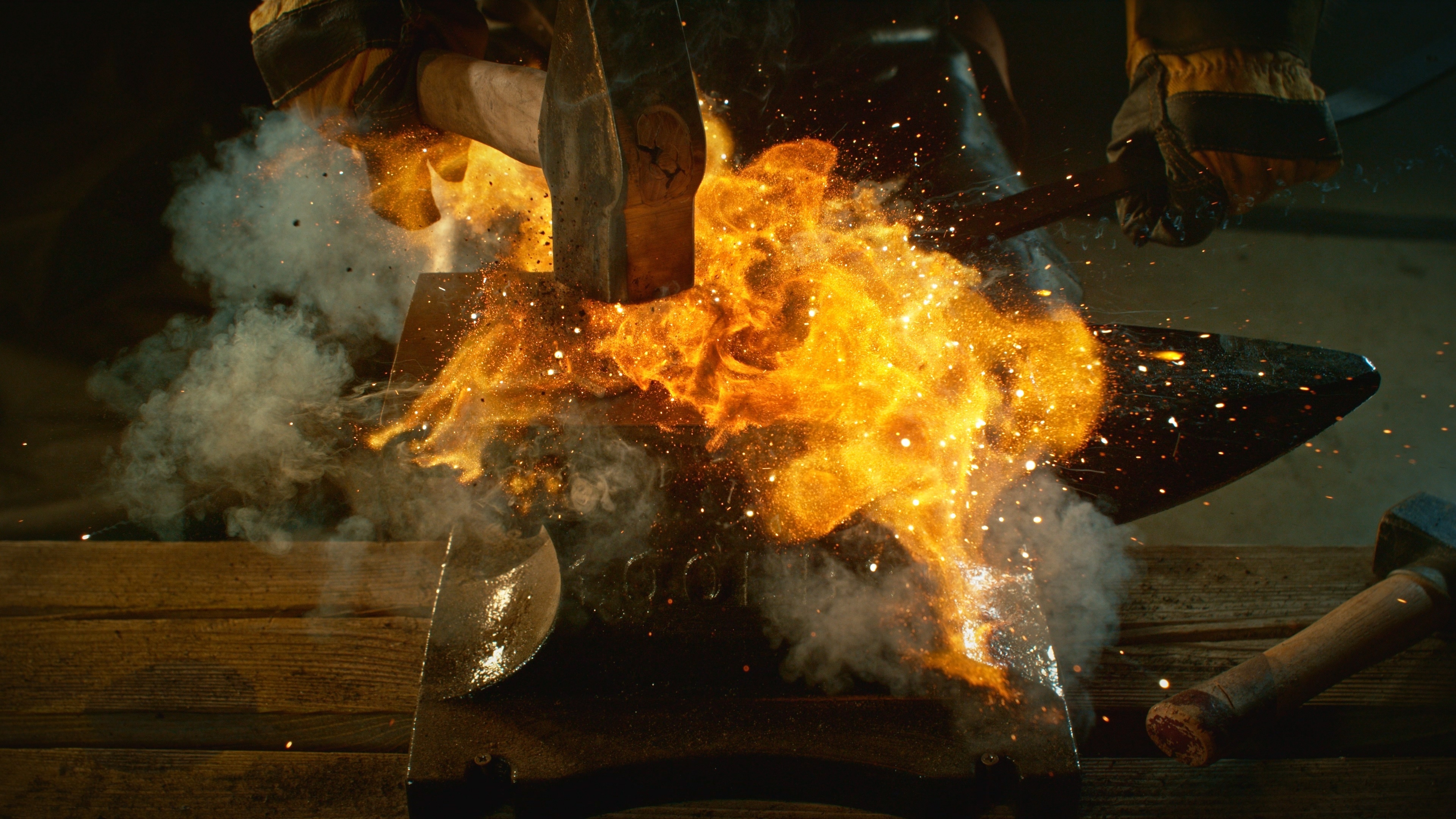
Cancer immunotherapies harness the power of the patient’s immune system to destroy malignant cells for the treatment of cancers. They typically rely on the ability of the host’s immune system to recognise tumour antigens and effectively eradicate tumour cells. Immune checkpoint inhibitiors have been used successfully for the treatment of a variety of cancers by releasing effector T cells from checkpoint-mediated inhibition of their activity. However, their therapeutic efficiency depends on the presence of an endogenous tumour-reactive T cell population.
In many cancers, tumour-reactive T cells – that is, T cells expressing receptor molecules capable of recognising a tumour antigen and directing an immune response to cells expressing the antigen – are either present in the host at low frequency, or otherwise have impaired function. The identification and expansion of tumour antigen-specific T cells therefore represents a promising strategy for the treatment of cancers.
Tumour antigens targeted by tumour-specific T cells can broadly be divided into public antigens and private antigens. Public antigens are expressed by normal, non-cancerous cells, but their expression may be upregulated or atypical in certain cancers. Due to their expression by normal cells and tissues, therapeutic intervention targeting such antigens can have severe side effects. By contrast, private antigens, or so-called “neoantigens”, result from somatic mutations within tumour cells, and as such are often tumour- or patient-specific. As they are not expressed by normal, non-cancerous cells, neoantigens are particularly promising targets for therapeutic intervention with minimal deleterious off-target effects.
Neoantigens and T cells specific for such antigens can be present at low frequency, and so identifying them can be challenging. However, recent advances in high-throughput deep sequencing technology has facilitated neoantigen discovery. Moreover, innovative methods for isolating neoantigen-specific T cells from tumour tissue and blood have been developed, such as nanoparticle-barcoded nucleic acid cell sorting, which uses fluorescent DNA barcodes presented on nanoparticle scaffolds for the detection and isolation of neoantigen-specific T cells. After isolation, the neoantigen-specific T cells are expanded to obtain sufficient numbers of effector T cells for infusion back into the patient. Alternative methods for generating populations of neoantigen-specific T cells for use in the treatment of cancers by adoptive transfer include cloning TCR genes from neoantigen-specific T cells for expression in a distinct population of effector T cells.
While adoptive transfer of neoantigen-specific T cells has emerged as a promising new kind of cancer immunotherapy, several challenges remain. Firstly, procedures will need to be developed and optimised for the efficient cloning of TCRs and ex vivo expansion of effector T cells. Time scales for producing populations of neoantigen-specific T cells for use in adoptive transfer will need to be minimised in order to meet the therapeutic demand for the treatment of rapidly progressing cancers. It may also be necessary to devise strategies to minimise or prevent tumour immune evasion by further editing of the mutated antigen.
Solutions to these technical challenges will provide exciting commercial opportunities for innovators advancing neoantigen-specific T cell therapies towards the clinic.
This blog was originally written by Ine Vanderleyden.
Anna is a Partner and Patent Attorney at Mewburn Ellis, specialising in life sciences. Her practice spans IP strategy, drafting, prosecution, and oppositions, with expertise in managing complex, high-value patent portfolios and successful EPO oppositions. She leads the firm’s Advanced Therapeutics team, advising on cell and gene therapies, nucleic acid technologies, and immunotherapies. Anna works with biotech start-ups, universities, and multinational pharmaceutical companies across the globe, and is a regular visitor to the US East Coast. She holds a first-class BSc in Molecular Biology and Biochemistry and a PhD in Molecular Cell Biology from Durham University.
Email: anna.mudge@mewburn.com
Sign up to our newsletter: Forward - news, insights and features
Our people
Our IP specialists work at all stage of the IP life cycle and provide strategic advice about patent, trade mark and registered designs, as well as any IP-related disputes and legal and commercial requirements.
Our peopleContact Us
We have an easily-accessible office in central London, as well as a number of regional offices throughout the UK and an office in Munich, Germany. We’d love to hear from you, so please get in touch.
Get in touch

